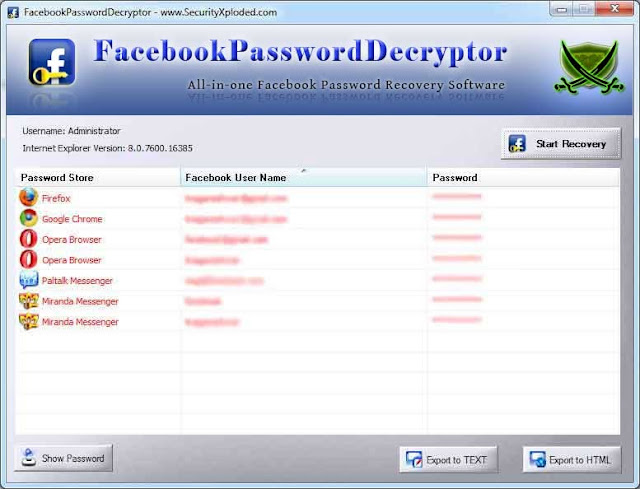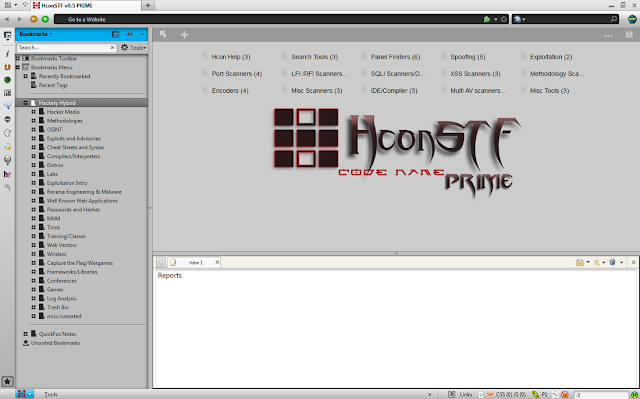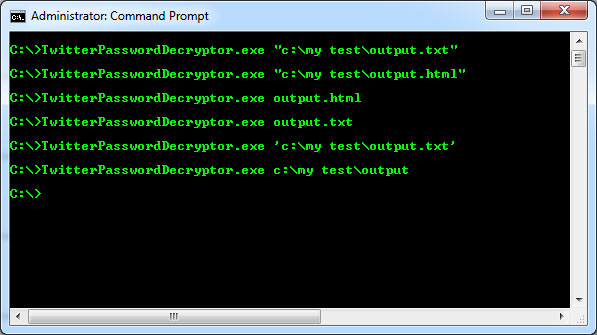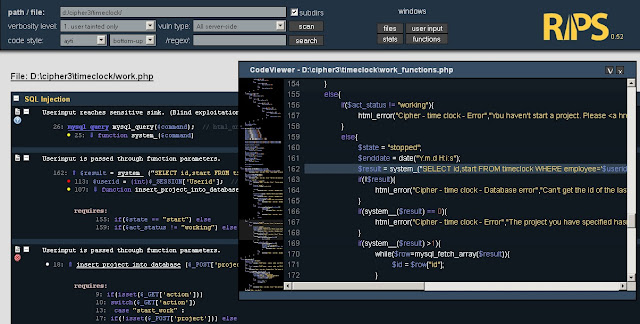The Social-Engineer Toolkit (SET) version 5.2 codename “Urban Camping” has been released. This version adds a complete rewrite of the PowerShell injection techniques within SET and incorporates an automatic process downgrade attack detailed here:
https://www.trustedsec.com/may-2013/native-powershell-x86-shellcode-injection-on-64-bit-platforms/. The attack will automatically detect if PowerShell is installed, then detect what platform its running on. If 64 bit is detected, it will automatically downgrade the process to a 32 bit process for native shellcode injection.
Changelog
* incorporated the new x86 PowerShell downgrade attack. This will automatically use x86 shellcode regardless of operating system. (https://www.trustedsec.com/may-2013/native-powershell-x86-shellcode-injection-on-64-bit-platforms/)
* changed platform detection from if($env:PROCESSOR_ARCHITECTURE -eq “AMD64″) to [IntPtr]::Size -eq 6 (thanks Matthew Graeber)
* rewrote payload generator in powershell menu to use new process downgrade attack
* rewrote java applet to use the new process downgrade attack
* rewrote powershell generation within setcore to use the powershell downgrade attack
* changed the default Java Applet wording to “Applet verified as safe (TRUSTED)”.
* fixed a bug that would cause SQL bruter to error out when specifying a single host and the host was not alive
* fixed a bug that would allow you use web templates with webjacking and tabnabbing which it should not have
* removed old encoding methods when using standard metasploit executables
* fixed an issue that would not allow SSL and harvester to work correctly – this required manually patching socket.py and keeping a patched version in the root directory upon launch. This is due to a bug in pyopenssl and unhandled packet handling within socket.py
* added more stability to the SSL harvester when using pem certificate files
* added powershell downgrade attack to psexec powershell attack
* added ExitOnSession to false when using psexec command
* added set EnableStageEncoding true when using psexec command for stager encoding with shikata
* added better stability to the powershell injection attacks with multiple detection points
* fixed an issue that would cause an error message when reusing credential harvester
* added proper cleanup on new socket.py – has to be in SET root – weird issue when os.chdir or sys.path.append – doesn’t recognize
* removed man left in the middle from the web attacks menu
* streched the text on the menu to be full line versus manual splitting
* added new code and binary for pyinjector to evade AV
* added new code and binary for multipyinjector to evade AV
* officially removed the “set” command and moved to se-toolkit, set was a linux command and conflicted – use se-toolkit from here on out
* simplified the replace code for the shellcode powershell injection technique in setcore
* improved string encryption on the java applet attack
* added -noprofile flag option to powershell injection for x86 downgrade attack
* slimmed down the code used for the powershell injection attacks, allows more space for shellcode
![]()
 Arachni is a feature-full, modular, high-performance Ruby framework aimed towards helping penetration testers and administrators evaluate the security of web applications.
Arachni is a feature-full, modular, high-performance Ruby framework aimed towards helping penetration testers and administrators evaluate the security of web applications.

















